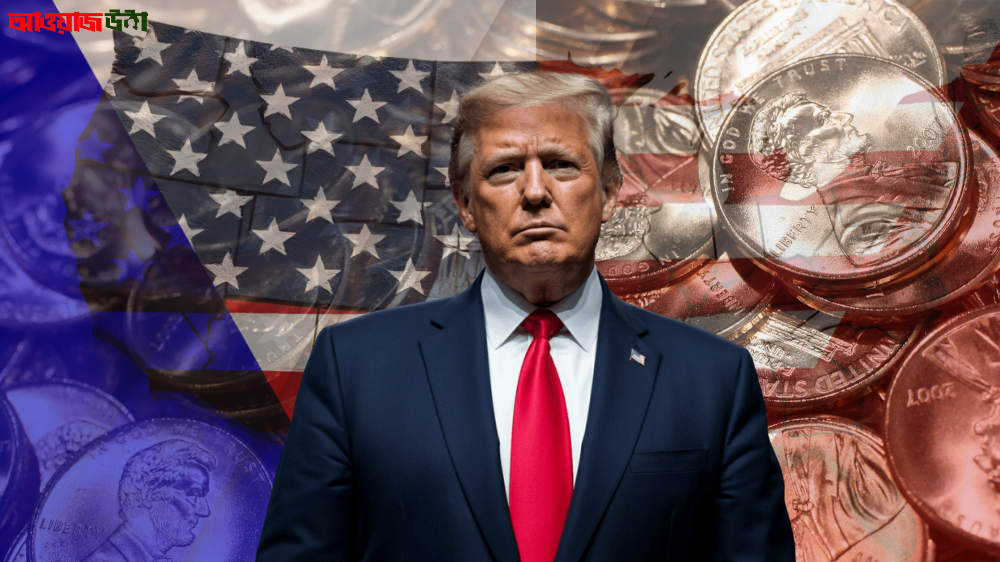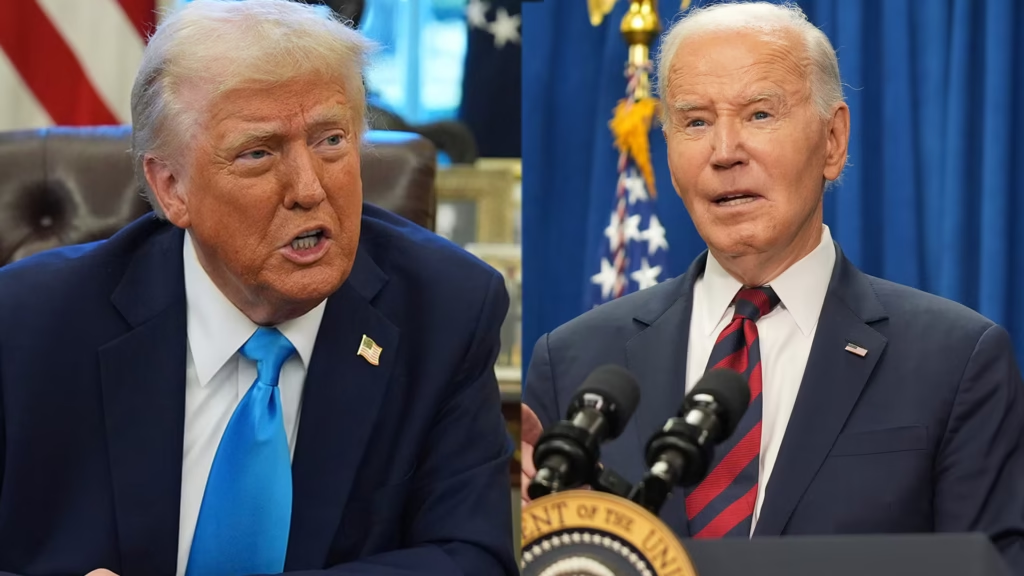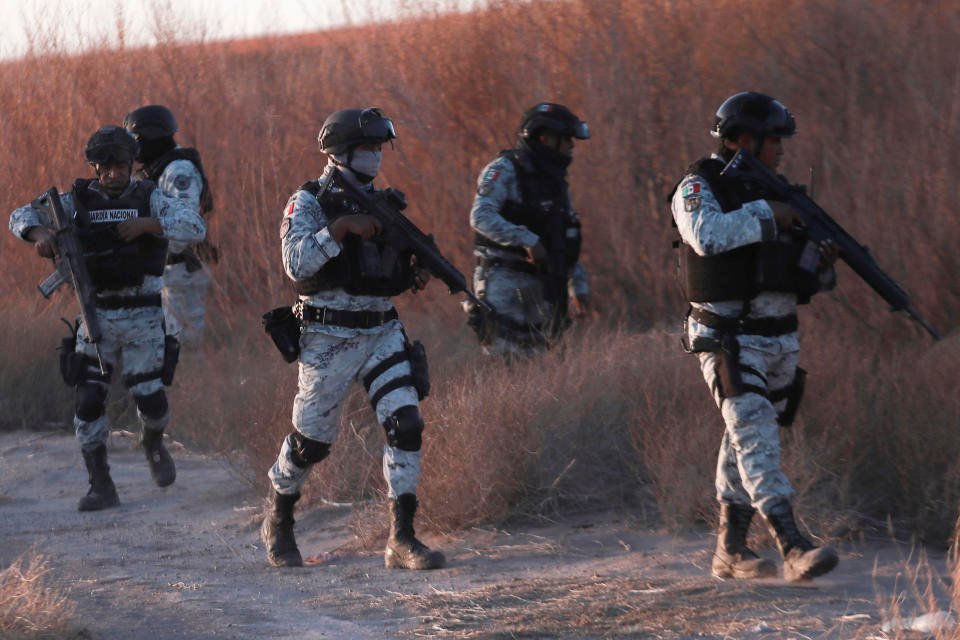In a significant development, Israel and Hamas have agreed to a ceasefire set to commence on Sunday, January 19, 2025. The agreement includes the release of hostages held by Hamas in exchange for Palestinian prisoners detained by Israel. This deal aims to halt the 15-month-long conflict that has resulted in substantial casualties and widespread destruction.
Trump’s Assertion of Influence
President-elect Donald Trump has asserted that his electoral victory and his team’s proactive engagement were pivotal in facilitating the ceasefire. On his Truth Social platform, Trump stated, “This EPIC ceasefire agreement could have only happened as a result of our Historic Victory in November.” He emphasized that his administration’s focus on peace negotiations significantly impacted the region.
Biden’s Role and Response
Outgoing President Joe Biden and his administration have been actively involved in diplomatic efforts to end the hostilities. Biden highlighted that the ceasefire agreement aligns with a plan he proposed in May 2024, which received unanimous endorsement from the UN Security Council. In response to questions about credit for the deal, Biden remarked, “Is that a joke?”
Details of the Ceasefire Agreement
The ceasefire, mediated by Qatar, Egypt, and the United States, outlines a phased approach:
- Phase One: Hamas will release 33 Israeli hostages, including women, children, and men over 50, over a 42-day period. In return, Israel will free 95 Palestinian prisoners, many charged with terrorism or other violent crimes.
- Subsequent Phases: These will address military withdrawals, the release of additional hostages, and the initiation of Gaza’s reconstruction, with compensation for affected individuals under the supervision of Egypt, Qatar, and the UN.
Political Reactions and Future Implications
The agreement has elicited mixed reactions. In Gaza, celebrations erupted with residents expressing joy over the anticipated peace. Conversely, some Israeli hardliners have voiced opposition to the ceasefire, reflecting internal political pressures faced by Prime Minister Benjamin Netanyahu.
As the ceasefire takes effect, the international community remains cautiously optimistic, recognizing that the coming weeks will be critical in determining the durability of this peace initiative and the potential for a lasting resolution to the conflict.
















